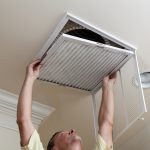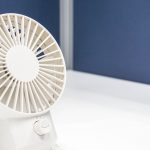
Winterizing Your Home
It’s no secret that heating and cooling account for a large portion of energy bills, but what you may not know is that about a third of your heating and cooling expenses could be controlled by taking appropriate measures to winterize your home now. As the weather begins to turn brisk in North Florida, here are some things every homeowner should consider before the cool nights set in.
Schedule a service visit. Before you even turn on that furnace for the first time this winter, you should have an HVAC professional come out and perform a winter service inspection. It is essential to have a professional check for carbon monoxide and gas leaks as well as blower, motor and fan operations. The professionals at Barineau specialize in this type of maintenance and are happy to help ensure your unit is running safely and effectively for the upcoming season.
Change your air filters. Yes, you still need to change your filters regularly in the fall and winter months. Why? Because a dirty filter impedes air flow, reduces efficiency and could even cause a fire in an extreme case. Just because you don’t see as much pollen in the fall does not mean the air is cleaner. Changing your filters regularly not only saves you money, it helps keep the air inside your home cleaner. Barineau can even fit your unit with specialty filters and deliver them in bulk right to your door, which can make the process even easier for a homeowner.
Get your ducts in a row. It is always a good idea to have a certified professional inspect your ductwork. Studies show that up to 60% of heated air escapes from ducts before making it to the vents- that’s a lot of money leaking out of your pocket. The Barineau staff’s technicians are NADCA-certified (National Air Duct Cleaning Association) so we have a thorough knowledge of how to inspect and clean ductwork properly.
Watch windows and doors. Probably the most common source of air leaks are the small gaps around window and door seals. Some air leaks are inevitable because of constant opening and closing of doors and windows. But left unattended, continual air leaks cause your HVAC to work overtime, which costs you more in monthly energy bills.
Check your chimneys. When a chimney is constructed it allows for a couple of inches of breathing room between the frame of the chimney and the attached wall. This creates an escape route for air that would otherwise remain inside your home. It is always a good idea to check the area around your chimney for any separation between the frame of the chimney and the wall.
Look at your attics. Most pull-down attics are have approximately a quarter-inch gap between the stair frame and the attic opening to allow for air flow. Check for gaps wider than this which may be a natural result of wear and tear over time. Also simply adding more fiberglass insulation in your attic can boost the energy efficiency in your home. You need a minimum of 12 inches of the itchy stuff in your attic, so take a look and see if you need more insulation up above.
As always, the more you know, the more efficient you can be with your energy savings. Call Barry today, (850)580-4029, to schedule your winter service visit and we’ll help you get your home prepared for the chilly nights ahead. We’ve been in business for over 40 years and we care about your home as much as our own. Talk to you soon.




